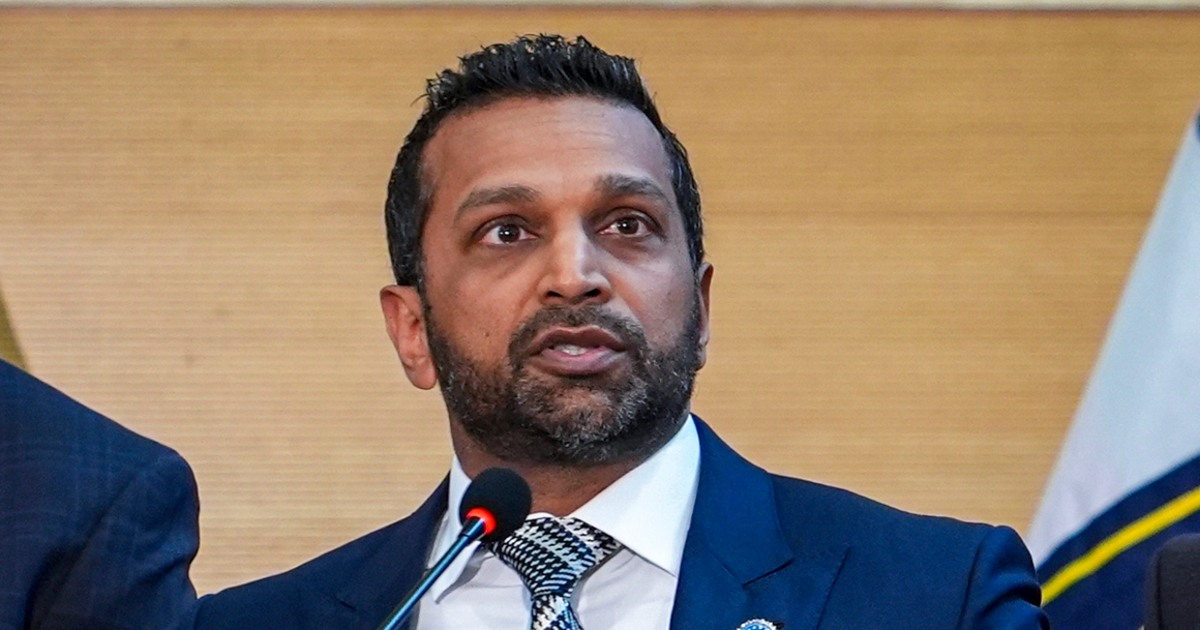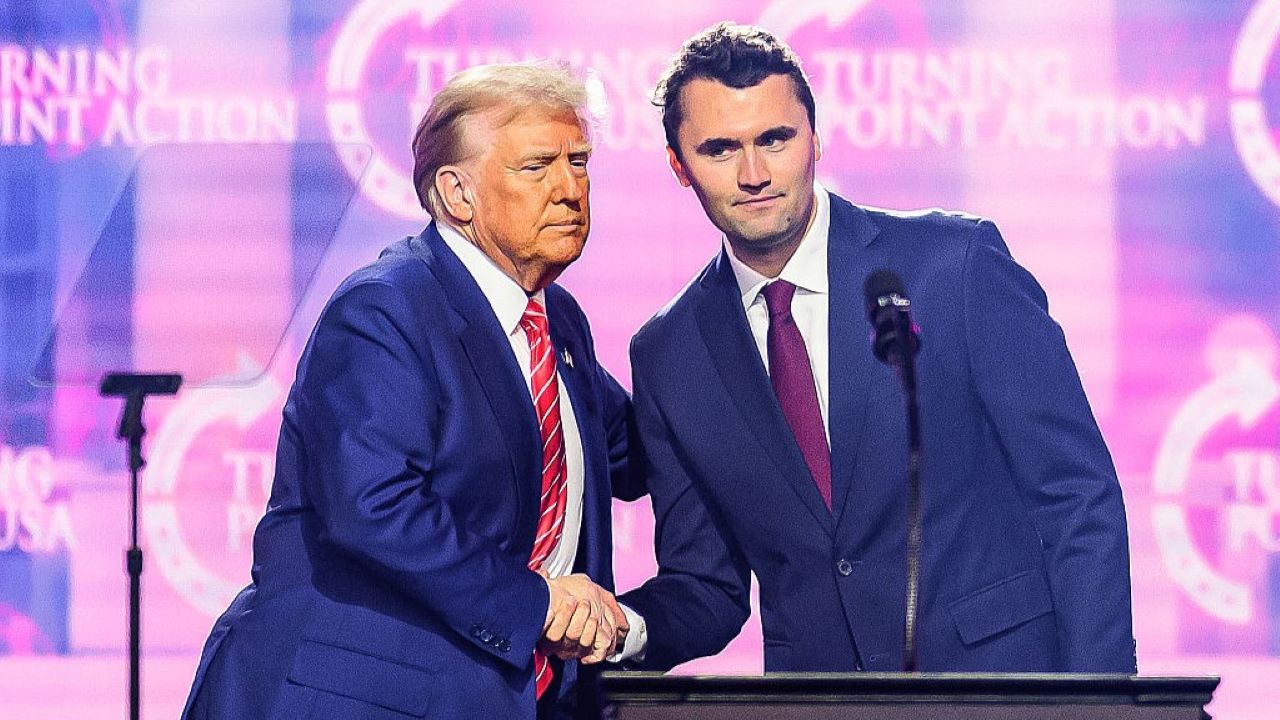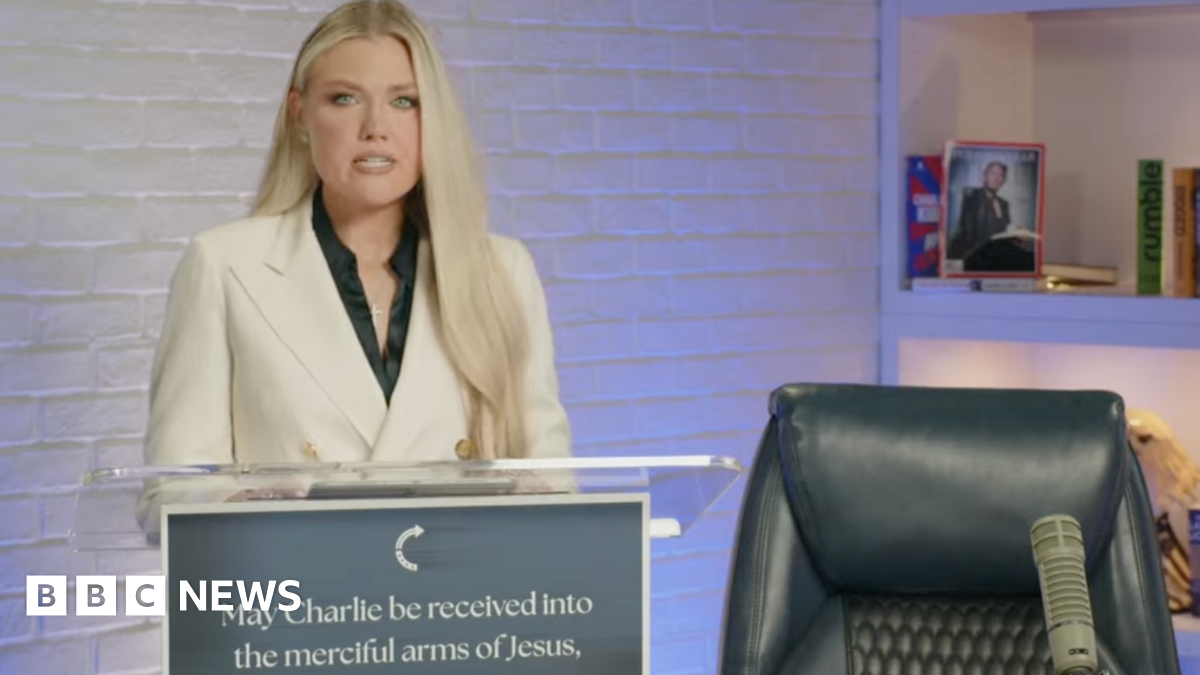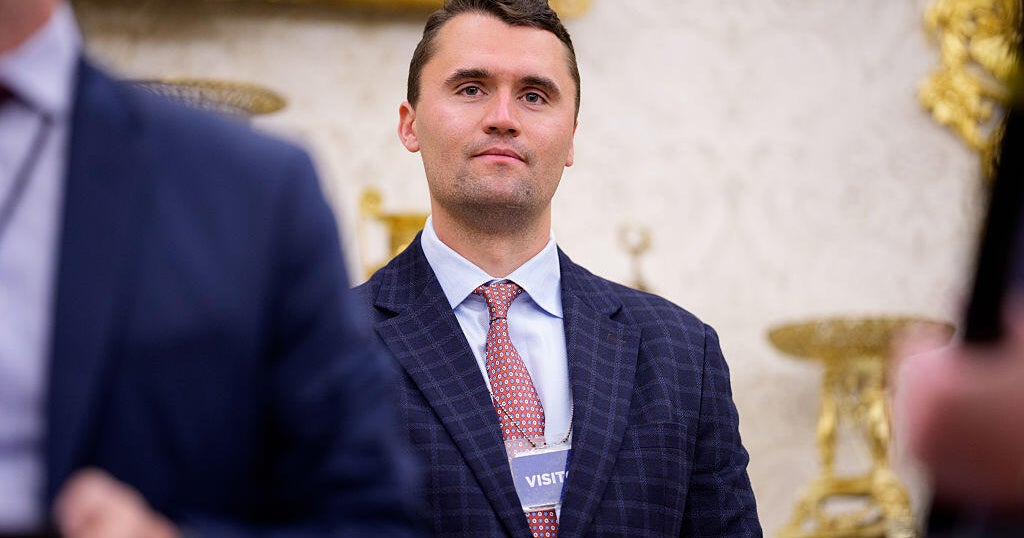JD Vance: The Heir to Charlie Kirk's Political Movement

Introduction
Vice President JD Vance recently made an appearance as the host of Charlie Kirk's popular podcast, 'The Charlie Kirk Show.' This comes at a time when Vance is mourning the loss of his close friend and ally, Charlie Kirk, and potentially solidifying his position as the heir to Kirk's political movement. The podcast episode serves as a tribute to Kirk's legacy and influence in the GOP.
The Heir to the Political Movement
Vance, an influential figure in the Republican party, has been a close friend and political ally of Kirk for years. With Kirk's unexpected passing, Vance has expressed his desire to continue Kirk's work and carry on his legacy. As the host of 'The Charlie Kirk Show,' Vance not only pays tribute to his friend, but also takes on the responsibility of leading the political movement built by Kirk.
The Impact of Kirk's Passing
Kirk's sudden passing has left a void in the GOP, but it has also brought Vance to the forefront as a potential successor to Kirk's movement. As a powerful force in the Republican party, Kirk's influence will be greatly missed. However, with Vance taking on a more prominent role in the movement, there is hope for the continuation and growth of Kirk's legacy and vision.
About the People Mentioned
JD Vance
JD Vance is an American author, investor, military veteran, and politician who currently serves as the Vice President of the United States, beginning his term in January 2025. Born on August 2, 1984, in Middletown, Ohio, Vance overcame a challenging childhood marked by financial hardship, family instability, and his mother’s addiction, with significant support from his grandmother. After graduating from Middletown High School, he enlisted in the U.S. Marine Corps, serving four years including a tour in Iraq, where he earned the Marine Corps Good Conduct Medal and the Navy and Marine Corps Achievement Medal[1][2][5]. Following military service, Vance utilized the GI Bill to attend Ohio State University and later earned a law degree from Yale Law School. He then worked as a venture capitalist and gained national recognition as the author of the bestselling memoir *Hillbilly Elegy* (2016), which highlighted the struggles of working-class Americans in the Appalachian region and the Rust Belt[1][3]. Vance entered politics as a Republican and won the U.S. Senate seat for Ohio in 2022, succeeding Rob Portman. He was sworn in on January 3, 2023, becoming the first Ohio senator without prior political experience since John Glenn in 1974. During his Senate tenure, he was active on several committees, focused on issues like border security, American manufacturing, and working-class prosperity, and engaged in bipartisan efforts despite occasional conflicts with fellow Republicans[2][4][5]. Vance resigned from the Senate on January 10, 2025, shortly before assuming the vice presidency. In the 2024 presidential election, Vance was selected by Donald Trump as his running mate and, after a narrow victory in the general election, became the 50th Vice President of the United States. His political career is noted for his advocacy on behalf of working-class Americans, his military background, and his role in contemporary Republican politics[3][4][5].
Charlie Kirk
Charlie Kirk is a prominent American conservative activist and the founder of Turning Point USA, a national student movement dedicated to promoting free markets and limited government. Born in 1993, Kirk co-founded Turning Point USA in 2012 at the age of 18, alongside Bill Montgomery. The organization has grown significantly, with a presence on over 3,000 high school and college campuses across the U.S. and more than 650,000 lifetime student members[2][3]. Kirk has been a prolific media presence, appearing thousands of times on various platforms, including Fox News and The Washington Post. He was named to the Forbes "30 under 30" list and became the youngest speaker at the 2016 Republican National Convention. He also served as the opening speaker at the 2020 RNC[2]. In addition to his activism, Kirk is an author, having written several books, including "The MAGA Doctrine," which became a best-seller on Amazon and The New York Times. His most recent book, "Rightwing Revolution," was released in 2024[2]. Kirk's involvement in politics extends beyond Turning Point USA. He was active in Bruce Rauner's successful 2014 gubernatorial campaign in Illinois. Rauner, who later became a financial supporter of Turning Point USA, praised Kirk's activism[3]. Kirk's activities have been controversial, drawing both support and criticism. Recently, Kirk's life was tragically cut short, and the FBI is investigating his death, offering a reward for information leading to the arrest of those responsible[3]. Despite the controversy surrounding his views and actions, Kirk remains a significant figure in conservative American politics.
About the Organizations Mentioned
GOP
The **GOP**, or **Grand Old Party**, is the widely recognized nickname for the **Republican Party** of the United States, a major conservative political party founded in 1854. It originated from anti-slavery activists opposing the Kansas-Nebraska Act, uniting former Whigs and Free Soilers with a platform centered on halting the expansion of slavery. The party's early historic milestone was the election of Abraham Lincoln in 1860, which precipitated the Civil War; under Lincoln’s leadership, the GOP focused on preserving the Union and abolishing slavery[1][2][3]. Throughout its history, the Republican Party has evolved from its abolitionist roots to champion business interests, industrial growth, and economic policies favoring limited government intervention. In the late 19th and early 20th centuries, it promoted protective tariffs and infrastructure development. The party experienced fluctuating influence, losing ground during the New Deal era but regaining prominence with Dwight D. Eisenhower’s presidency in the 1950s, marked by moderate conservatism[1][2]. Today, the GOP advocates for reduced taxes, conservative social policies, limited government regulation, strong national defense, and states’ rights. It remains one of the two dominant forces in American politics, consistently shaping legislative agendas and national discourse[2]. The party is organized and led nationally by the **Republican National Committee (RNC)**, which manages fundraising, election strategies, and the party platform, coordinating efforts across states and counties under the leadership of a chairman[3][4]. Notably, the acronym "GOP" was popularized in the late 19th century and originally stood for "Grand Old Party," symbolizing the party's legacy in preserving the Union and championing liberty. It is now a common term in political commentary and media[3][5]. In recent years, the GOP has undergone significant membership changes in Congress and leadership adjustments, reflecting its dynamic role in U.S. politics as

















